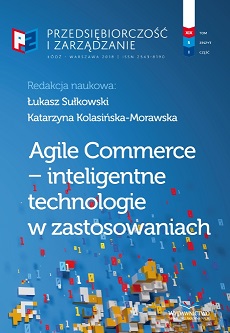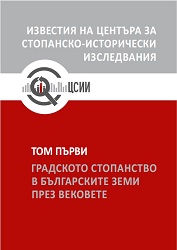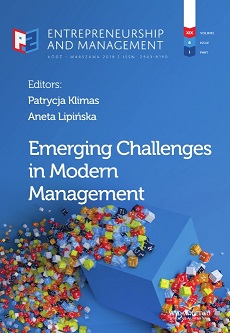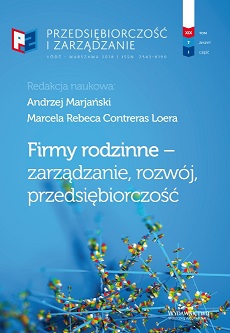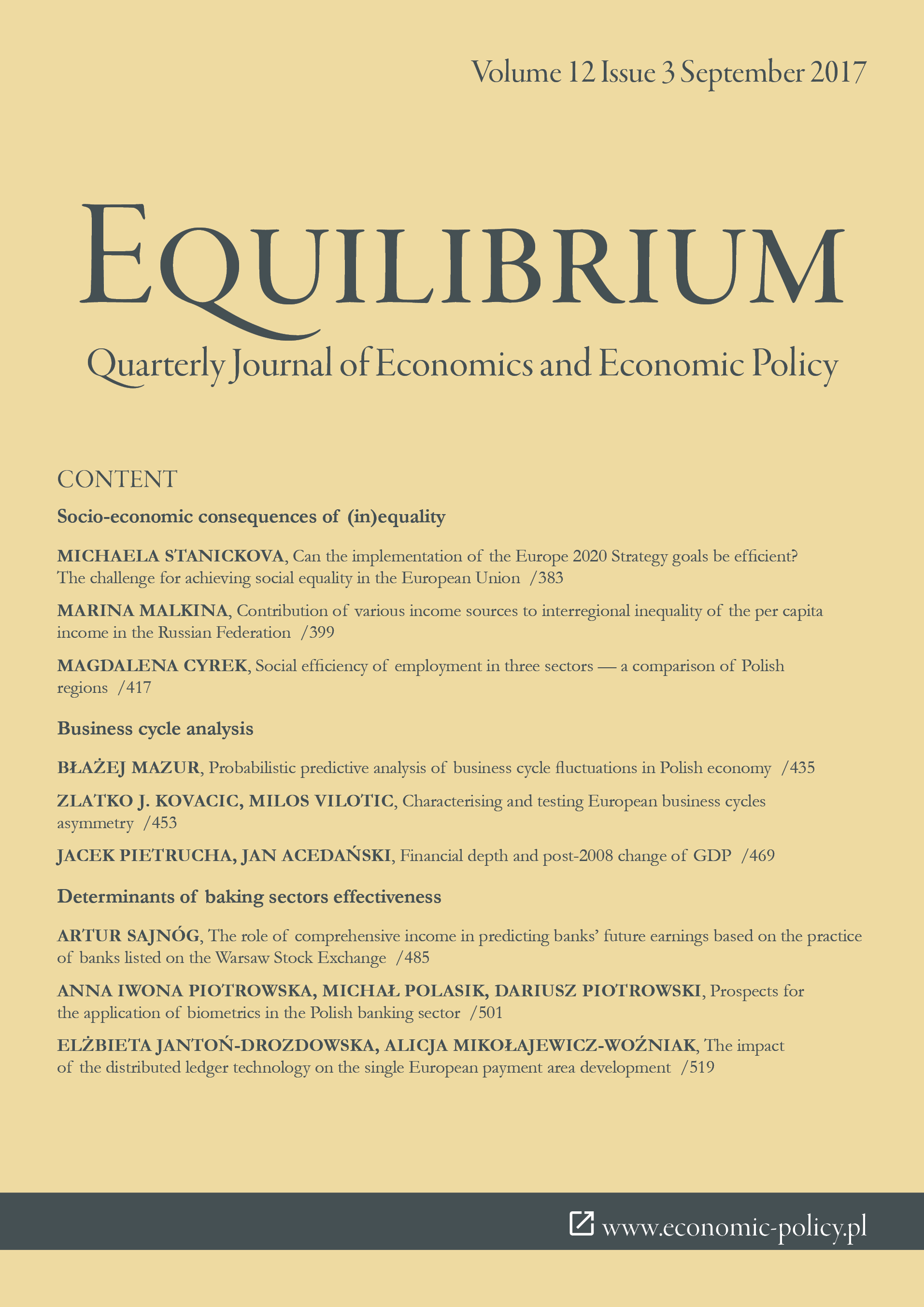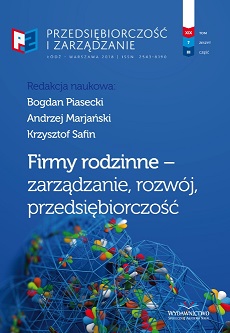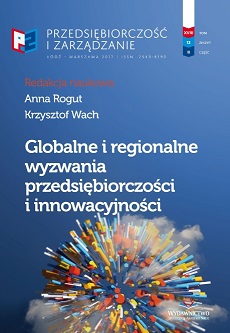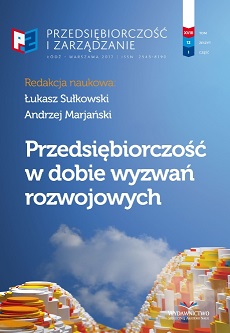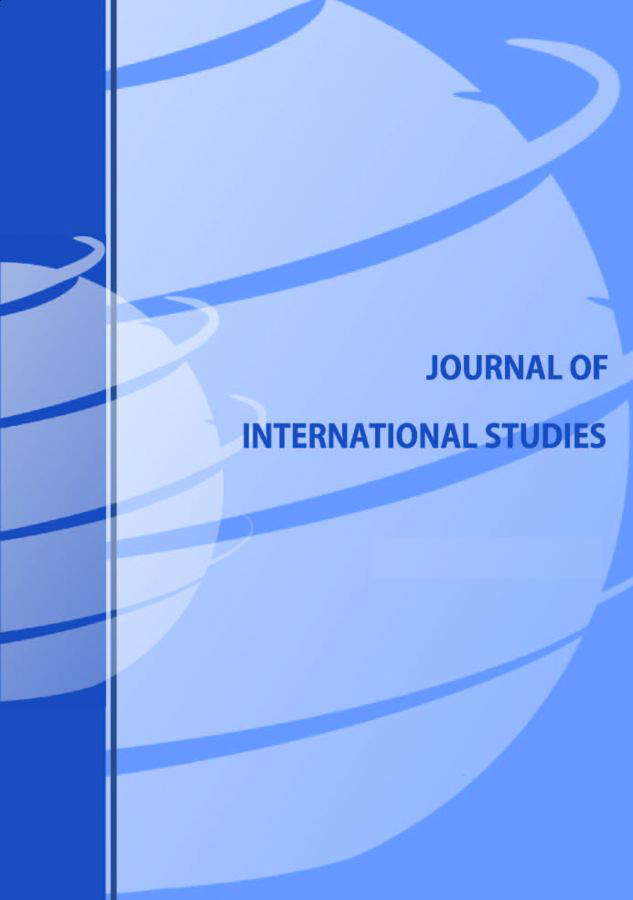Author(s): Svetla Atanasova / Language(s): Bulgarian
Issue: 1/2016
The revival town Lyaskovetz enjoys a privileged status since 1538 to 1810, reaffirmed repeatedly by issued Sultan farms. By the promulgation of reformsin the Ottoman Empire in 1839, the special rights of vakaf settlements Lyaskovetz, Arbanassi, Gorna Oryahovitsa and Dolna Oryahovitsa reviewed and privileges were finally abolished during the reign of Sultan Abdul Azis (1861-1876). The territorial expansion of Ljaskovec in the XIX century in the east and northeast, following the accession of individual neighbourhoods and villages, as Chertovets and Guiran, the dumbbell strategically favourable location and fertile soils represent some of the key prerequisites for economic affluence of local residents.The village is within the boundaries of the Tarnovo district and is managed by the district governor. Chertovets neighbourhood came under the tutelage of themilitary governor. The seat of local government and municipal government are in “Konak”, situated in the neighbourhood “St. Nicholas”. In 1880 Lyaskovetzchanged its city status.The economic outlook of Ljaskovec during the Renaissance formed by the developed sectors sericulture, viticulture and horticulture. Very important personsfor the economy revival are the local merchants and large landowners Burovi, Uzunovi, Paskovi, Getsovi, Kranzovi, Sekulovi, Giranlievi and Kozlevi. The business leaders shift their capitals in the purchase of taxes and government concessions. They have large farms and agricultural holdings.From the middle of the XVIII century until the last decades of the XIX c. are approved capitalist production structures in the settlement. The renaissance merchants create a monopoly in the silk market and organize domestic industries in Lyaskovetz and surrounding villages.Since the 70s to the late XIX century in retail dealing are the brothers Guguchkovi, Dossey Tsonev, Dimitar Yordanov, Dimitar Obreshkov, Ivan T. Byrzakov,"Mosko Ivanov Praninov and Co", Nikola Boyadzhiev, Pencho Genov, Stamo Milanov Stefan Klatev, Tosho Byrzakov.With the trade of timber and building materials dealing firms' Dimitar Yor290 danov and son "and Gancho Ivanov. Principal exporters of vegetables are AvramManolov, Atanas Panayotov, George Iv. Tabakov and Ivan Georgiev Tabakov. Petar Petrov dealing with sewing machines. With sales of tiles deal Yorgoh.Atanasov Kondev and Yordan Yordanov.Famous traders of manufacturing products rank are Atanas Slavoev, Hadji Vasil, Dimo Parashkov, “Ilya Kanev and Co”, “Yordanov Petkov”, Nicolas Tsutsumanov, Bogdan Ivanov Madzhunkov, Marin Yordanov Rashov, Mosko Hr. Rashev, Petar Petkov, Hristo Yordanov, Hristo Syarov. Until the Liberation the factory industry is very rarely used. In the village operate four mills flour, owned by Vasil Strashilova, “Dimitar A. Burov and Co” and Stephen N. Trifonov.
More...
